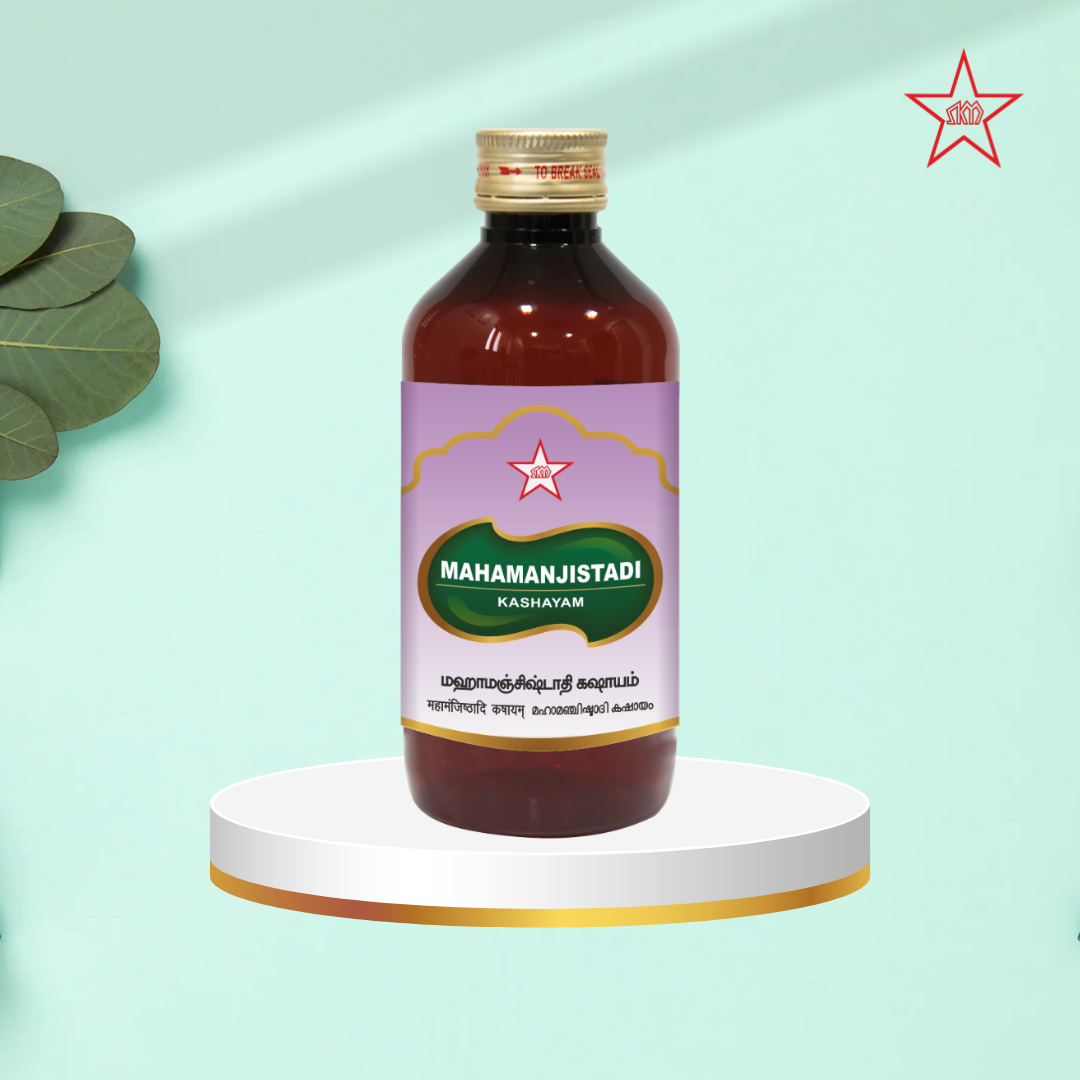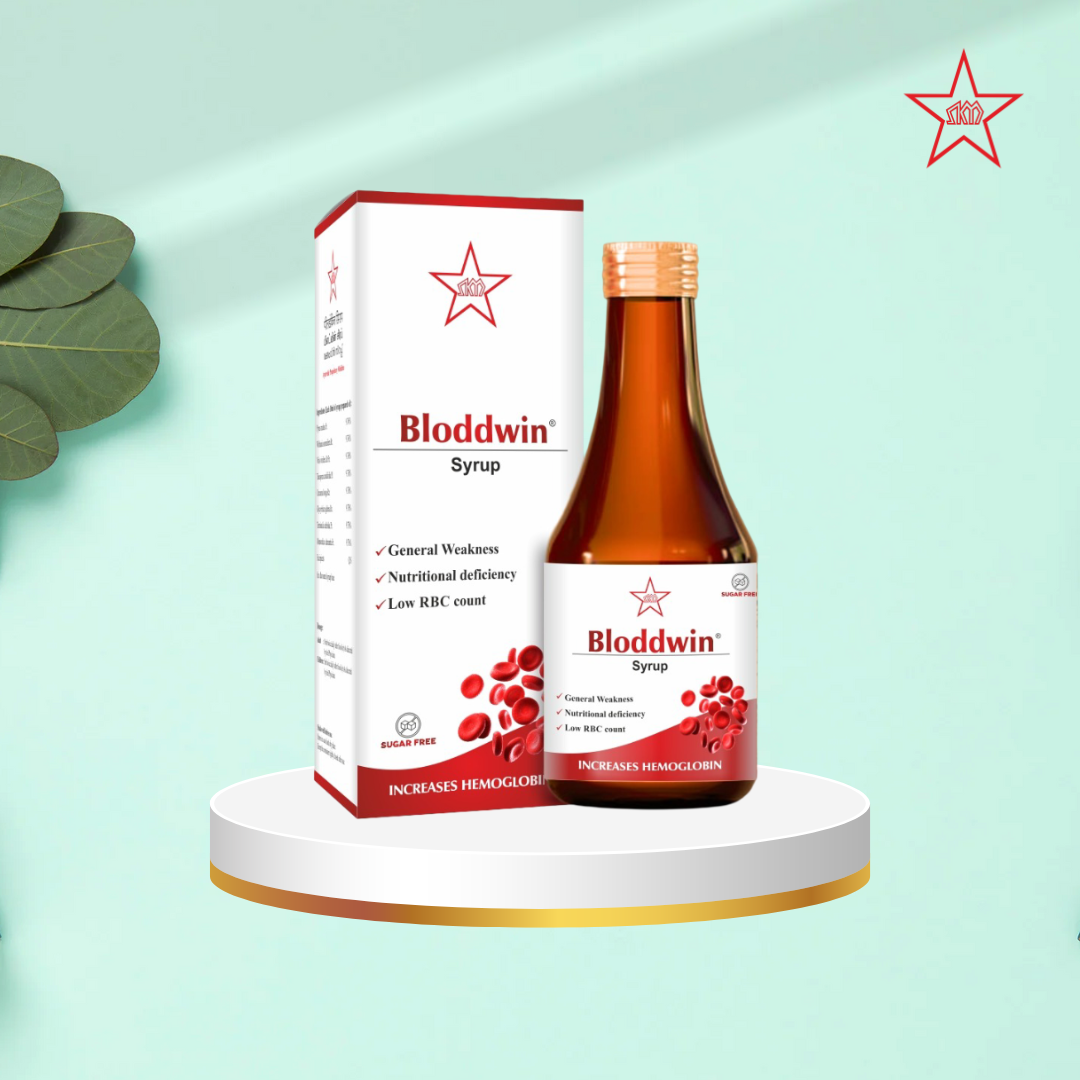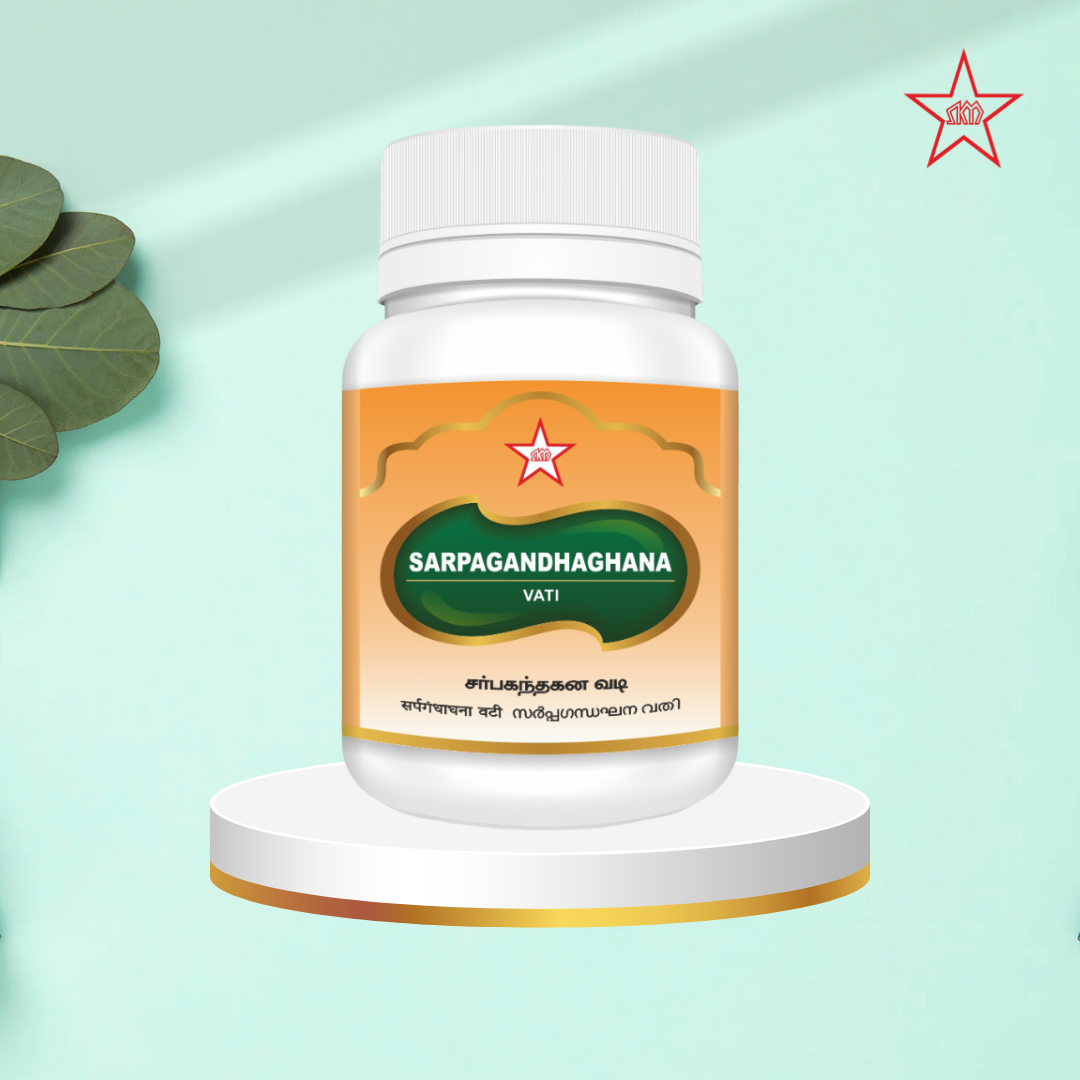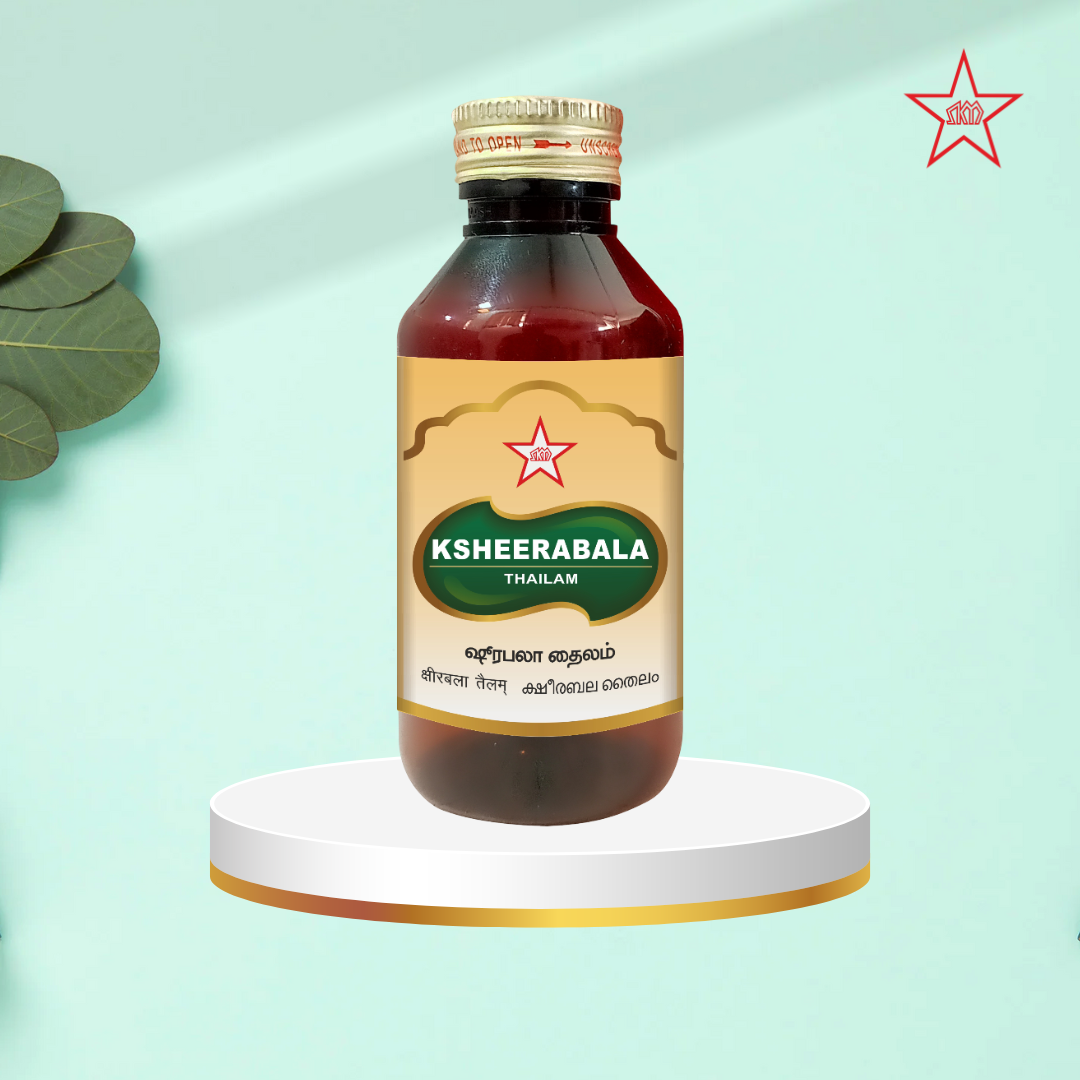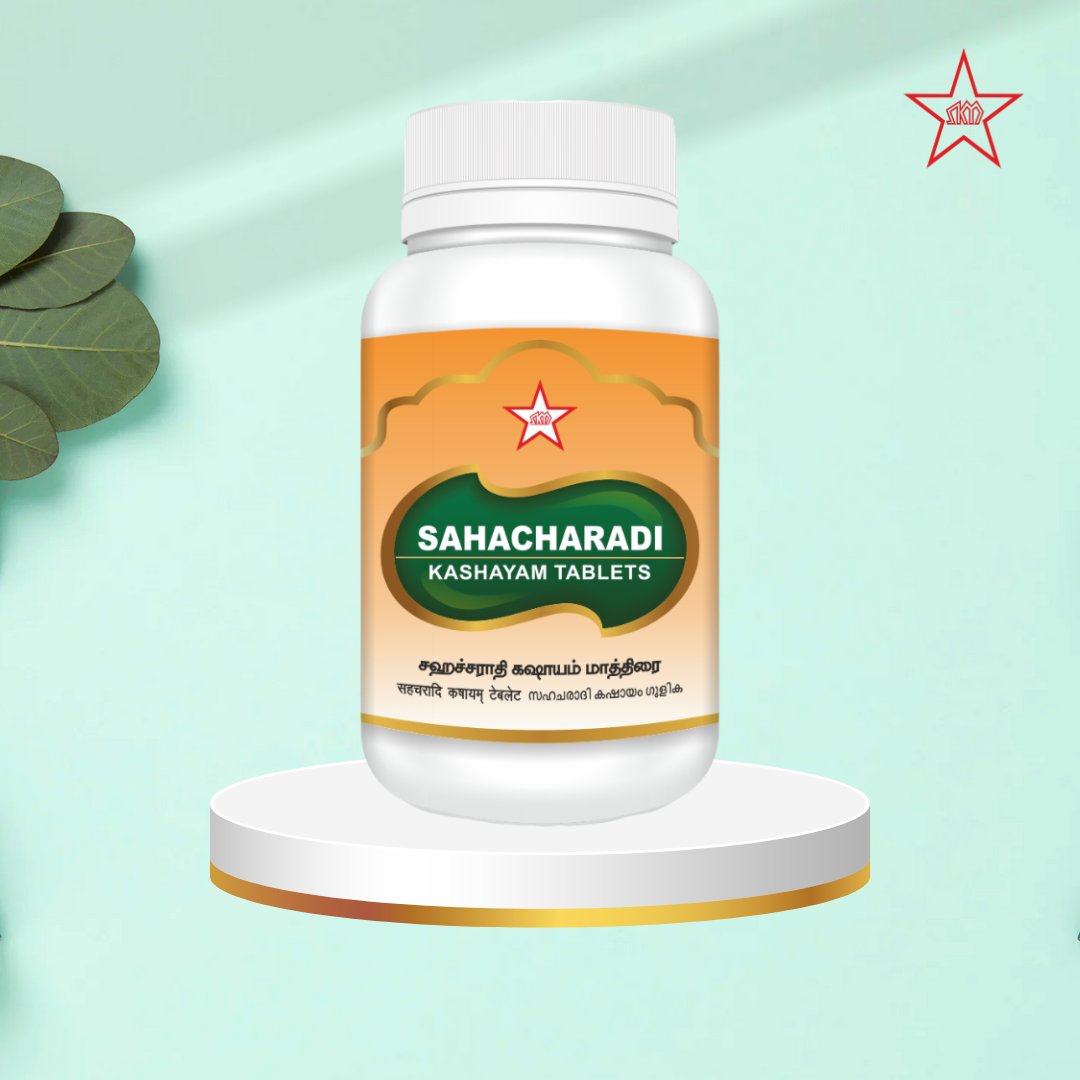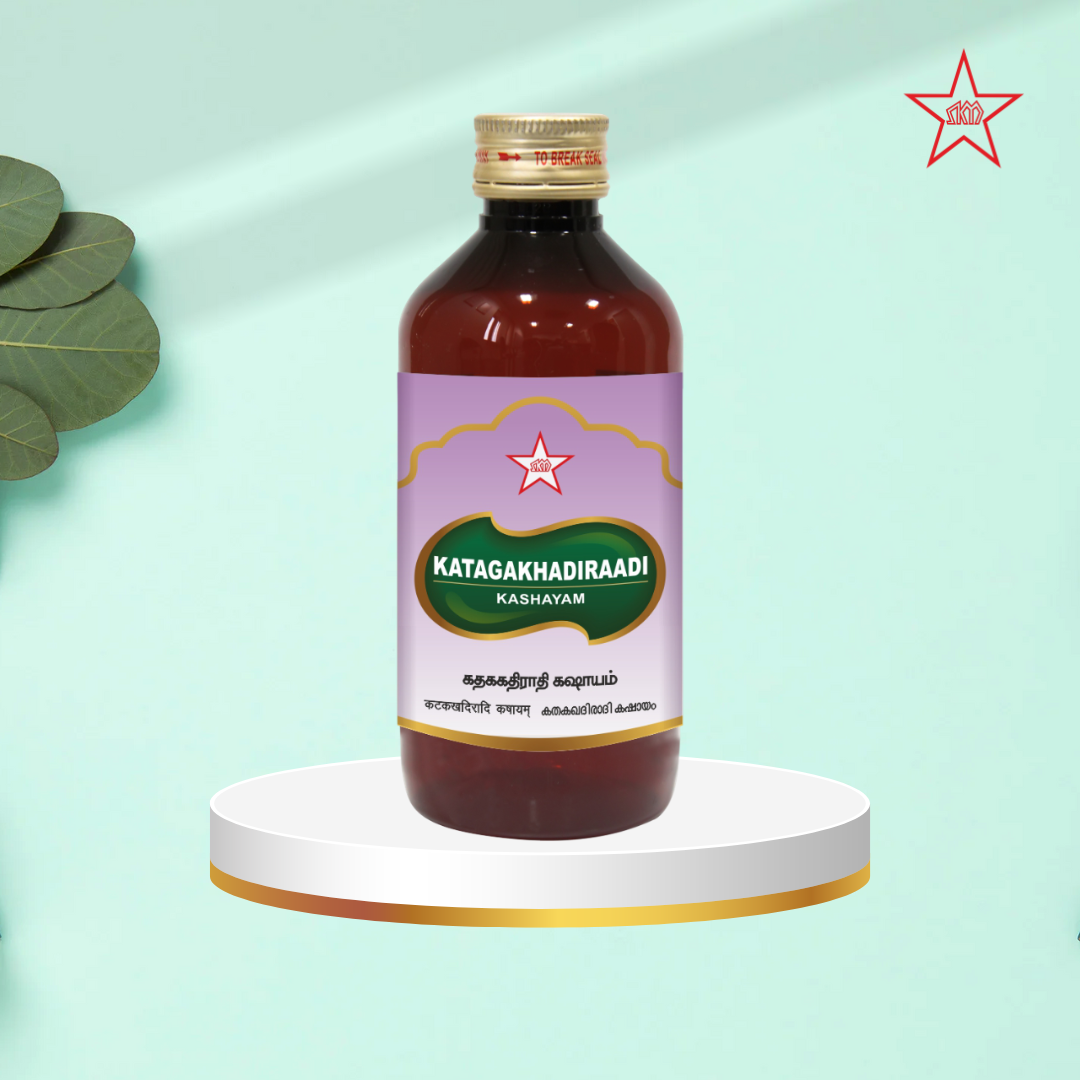Manjistha (Rubia cordifolia)
Manjistha, known in biological terms as Rubia Cordifolia, is the most important ingredient of the Mahamanjisthadi Kwath. Manjistha, for many years and even currently, was predominantly used as a dye in clothing. The root can be made into a bright red hue to be used in the fabric industry. But Ayurveda has been using this herb to help with a multitude of ailments and illnesses. It has many health benefits like blood purification and helping the lymphatic system condition smoothly. Additionally, when applied externally, Manjistha helps in treating skin disorders and also improves its condition in general.
Haritaki (Terminalia chebula)
This is a herb that is used to balance all three Doshas. It is one of the Triphala herbs.
The meaning of the word Haritaki is that which removes diseases and makes the body shine
It is used in Ayurveda as an antimicrobial, anti-bacterial, cardioprotective, immunomodulator, anti-viral, anti-fungal, hypolipidemic, antioxidant, hepatoprotective, anti-diabetes, hypolipidemic and wound healer
It is used in traditional medicine to improve complexion, rejuvenative, improver of memory and intelligence, detoxify, promote bowel movement, improve digestion and as a fat scraper
It is useful in the Ayurvedic medicine Mahamanjisthadi Kadha to detoxify and support healing
It should be avoided during pregnancy
Bibhitaki (Terminalia belerica)
This is also one of the famous Triphala herbs
The name Bibhitaki is derived from the word Bibhitaki which means to be without the fear of disease
Bibhitaki is a major ingredient in Ayurvedic medicines for fever, cold, cough, hair growth, worm infestations as well as in Panchkarma treatments
It is a laxative that eases motion and also a good Ayurvedic detoxifier that purifies muscles, fat, blood and lymph tissues
Bibhitaki balances the Kapha and Pitta Doshas
It is useful in Ayurvedic medicine as an antibacterial, antidiarrheal, antihypertensive, anti-inflammatory, antipyretic and hepatoprotective
Amalaki (Emblica officinalis)
Amalaki is the Indian gooseberry also called Amla
It is commonly used as a fruit as well as traditional medicine
Amla has the ability to balance all the three Doshas. It can be used in different forms in order to balance different Doshas.
It is also used in combination with other ingredients for different Dosha issues. Depending on the combination, it is used in Ayurveda for both weight loss and weight gain.
Amla is rich in Vitamin C and used in traditional medicine as an antioxidant, anti-inflammatory, astringent, immunomodulator, anti-ageing and rejuvenative
It is good for the health of the hair, eyes, and skin and gives general strength and vigour
Amla is a good laxative and relieves constipation
Tikta (Solanum indicum)
It is one of the potent Dasha Moola herbs
It is an Ayurvedic antioxidant, anti-helminthic, anti-inflammatory, detoxifier, anti-bacterial, anti-hypertensive and analgesic
It balances the Kapha and Vata Doshas
It is especially useful in the Ayurvedic treatment of respiratory issues, bad breath, diarrhea, chronic respiratory problems, skin problems, colic, stress, depression, premature ejaculation, digestive and neurological issues
Vacha (Acorus calamus)
It is used to balance Kapha and Vata Doshas and relieves Ama
Used in Ayurveda as anti-inflammatory, anti-epileptic and digestive
It is said to improve intelligence, support digestion, relieve bloating, improve voice, help in psychological disorders, neuralgia
Devadaru (Cedrus deodara)
Deodar Tree
Used in Ayurveda for treatment of neurological disorders and arthritis
Nisa (Curcuma longa)
Turmeric
Reduces toxins
Nimba (Azadirachta indica)
The Neem tree
All the different parts of this tree are used in traditional folk medicine and Ayurveda
It is used to treat stomach problems, worms, wounds, skin problems, diabetes, piles, and eye issues. It is used in Ayurvedic medicine to protect the liver and also helps in detoxification.
The leaves have a carminative effect
The flowers are used for stomach disorders. The bark and leaves of the Neem tree are used as a blood purifier, to prevent vomiting, nausea, and fever.
The neem tree balances the Kapha and Pitta Doshas
Guduchi (Tinospora cordifolia)
This herb is used as an adaptogen in Ayurveda. It helps the body resist stress and illness. It is especially beneficial in the treatment of skin disorders.
Guduchi is very important in Ayurveda because it pacifies all the three Doshas. This herb is central to many important Ayurvedic medicine formulations.
When there is a Dosha or Dhatu that is at less than optimum levels this herb restores it to optimum levels. When there is an increased level of a Dosha or Dhatu, it brings the level down to normal. So, it is one of the most valuable herbs to restore the Doshas and Dhatus to normal levels.
Guduchi is an excellent detoxifier to remove the Ama from the body. It helps to treat the cause of a disease or problem at the root.
It is used in traditional medicine for its properties of being a hypoglycemic, anti-constipation, antacid, analgesic, antioxidant, antimutagenic, gastrointestinal protective, immunomodulator, rejuvenating, anti-inflammatory, digestive, detoxifier and hematogenic
Guduchi is also called Giloy. The stem of the plant is the part of the plant that is used most frequently. The leaves are also used in certain Ayurvedic medicines.
Since it is an immunomodulator it boosts the body’s ability to fight infection

